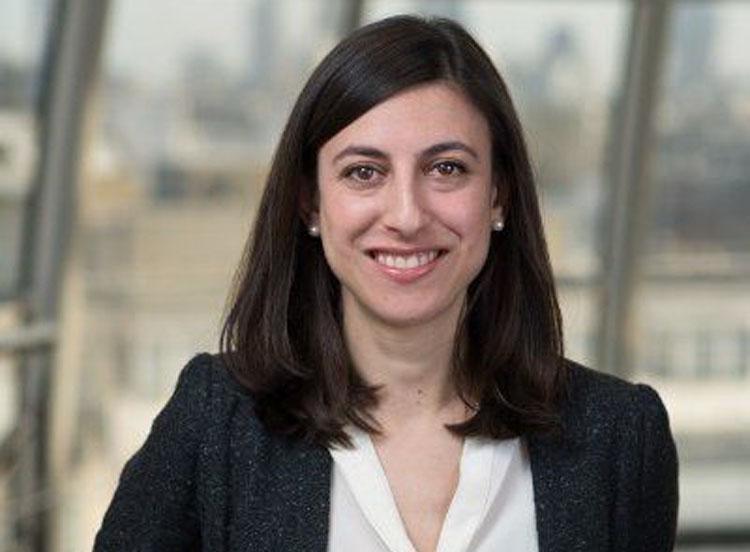Future First broadens work horizons of state school students in areas of disadvantage

The education charity Future First has been awarded a fourth round of government funding to extend its work improving the career ambition and employability skills of state school students in areas of social disadvantage.
The money from The Careers and Enterprise Company will give 25,800 students in 85 state schools and colleges nationwide multiple encounters with the fast changing world of work by linking them with former students in work or higher education who can act as inspirational role models. The alumni volunteers will provide employability workshops, networking opportunities and advise on the skills needed to succeed in working life.
The new funding of £279,000 will extend Future First’s existing work in the government’s 12 opportunity areas to other regions of low social mobility, and where careers advice is lacking, including East Sussex, Leeds, Medway, Leicester, Lancashire, the North East and the West of England.
Future First research shows alumni can transform students’ motivation by acting as relatable role models grounded in the community, showing current students that ‘people like me’ can succeed. The scheme aims to sign up 8,500 volunteer alumni in a diverse range of fields for assemblies and workshops, work experience and intensive world at work days which will broaden students’ work horizons and motivate them to engage in their own learning.
School staff will be trained how to successfully harness alumni experience and skills to support current students, meeting each school’s individual needs to build a sustainable alumni network of hundreds of employees and employers.
The funding from The Careers and Enterprise Company, set up by the government in 2015 to transform careers support and guidance for young people, comes at a time when schools are required to improve focus on careers provision and ensure that young people have access to the employer encounters they need to prepare for their futures.
Matt Lent, Chief Executive of Future First said,
‘Students cannot be what they cannot see. It is essential to open students’ eyes to the breadth of work opportunities available. Alumni who have a similar background, perhaps even sat in the same seats, have a transformative effect in broadening the horizons and raising the aspirations of young people.’
Claudia Harris, Chief Executive Officer of The Careers and Enterprise Company, said,
‘The research shows that the most important thing with role models is that they are relatable, that a young person looks at that working adult and thinks, yes, that’s a path that I can connect to. Schools and colleges have access to an amazing network in their alumni, people who feel passionately about the young people in those schools and colleges so why wouldn’t they take advantage of it….making sure that all young people get access to those relatable role models we know make all the difference.’
Future First is the only organisation working in all 12 of the government’s opportunity areas:
- Blackpool
- Bradford
- Derby
- Doncaster
- Fenland and East Cambridgeshire
- Hastings
- Ipswich
- Norwich
- Oldham
- Scarborough
- Stoke on Trent, and
- West Somerset
About Future First: A leading national education charity with the vision that every state school and college should be supported by a thriving, engaged community of former students who help schools do more for current students.
Future First has worked in more than a thousand state schools and colleges across Britain enabling state schools to harness the talents of alumni to inspire and support current students as career and education role models, work experience providers, mentors and e-mentors, governors, donors and fundraisers and as volunteers more widely.
More than 240,000 former students are registered with Future First to stay connected with their former state school or college. They include leading employers, celebrities and everyday heroes in a range of careers from the professions of law and medicine to plumbing and photography.
Every day, Future First alumni are acting as relatable role models to students in their old seats, with stories that are inspirational but also achievable.
Alumni networks have been utilised by many private schools and universities for generations. Future First is the first organisation to embed alumni networks across the state sector.
Future First/YouGov research shows:
- 70 per cent of 16 to 19-year-olds think it will be hard to get a job when they leave school or college.
- Nearly 39 per cent don’t know anyone in a job they would like to do.
- Ex-state school students are ten times more likely to view themselves as unsuccessful compared with their privately educated peers.
- 75 per cent of state school students who attend a Future First event say they are motivated to work harder in school now.
- More than 10 million British adults are willing to support current students at their former state school or college.











Responses